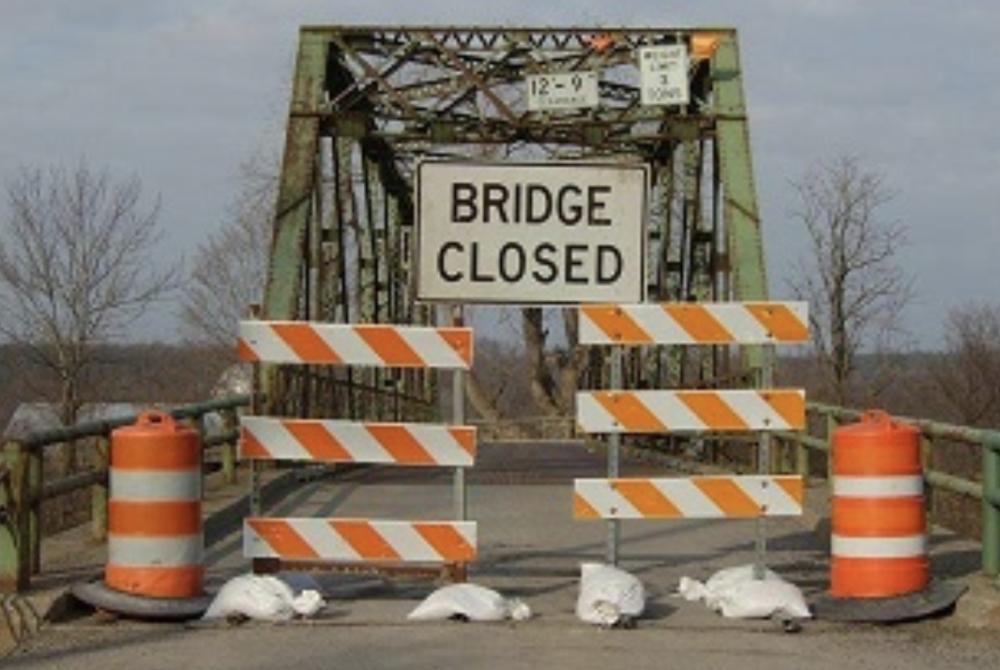“People speak of “the environment.” They don’t know what they’re talking about. “The environment” refers to no place in particular. We’re alive only in some place in particular.”
Wendell Berry, The New Yorker, 7/14/19
Climate change and its causes are too big — not unimportant, just too big. We have to get closer to home. We have to reflect on human intrusions and the consequences, up-close. If we don’t understand our neighborhood, how can we get our mind around the world?
There is, of course, a big picture, but it started with one stroke or pixel or note. We have to understand the beginnings — what we can see or touch or feel.
For those of us who live on the Eastern Shore of the Chesapeake Bay, water is our most frequent picture window. In the broadest sense, we think of the Bay as an important element in a larger design. It is good to have that perspective — we need it.
But, let me take you back to high school chemistry. I was fascinated by the chemistry laboratory experiments that transformed liquids, even causing minor explosions.
The formulas seeped from my brain decades ago. But the fact of transformation did not. We, homo sapiens, are engaged in daily experiments. We change the chemistry of the air, water and soil — this is not theory, it can be measured. And, in the aggregate, these experiments go global.
We have radically changed the diversity and balance of flora and fauna. Again, this is not theory. But, to a degree, we have formulated theories about how we can compensate for our intrusions by heavy equipment, chain saws and herbicides.
I look at my neighborhood, in part, informed by bees — both imported and indigenous. Before becoming a beekeeper, I was, to put it charitably, under-informed. I could expound on international environmental issues, but didn’t understand the yard around my home. Or, my neighbors’ yards or fields.
Now, I can hear you saying “what is there to know that I can’t observe on the push end of a lawnmower?” And, that is the point. We have all suffered from a lack of curiosity; we are no longer eager students in a chemistry laboratory. To one degree or another we have been victimized by images conjured up by Scotts fertilizer ads. Most homeowners have become enamored with lawns that look like a golf course, while yard chemists labor away striving to improve the survive/kill ratio of grasses and clover.
When I became a beekeeper, clover became important — in a yard setting it is one of the few sources of pollen and nectar. Yet, one day I asked an employee working in Lowe’s garden section where I could find clover seed. She exclaimed, “We don’t sell it, we sell things that kill it.”
Have you ever seen a Monarch Butterfly gathering nutrition from a lawn? Or, a Damsel Fly? Or, a pollinator of any description? Nope, lawns are fly-over zones — in the aggregate, huge fly-over zones.
Now, if I were a botanist, academic words and phrases would follow. And, most of you would quit reading. But, I think we can all, on a visceral level, understand how our predispositions affect our neighborhood and how, writ large, they affect the planet.
We have not made a conscious decision to shut out or shut down pollinators. Or, degrade our soil. But, like it or not, we have implicitly decided that the cost-side of chemically re-engineering the earth’s surface is not our concern. We are seduced by pictures that create a universe that satisfies us and a company’s bottom line.
I would simply say: BRIDGE CLOSED! PERIL AHEAD! The bridge — the pathways that connect all of us — flora, fauna and human beings alike are flashing red lights. Life’s design is in trouble.
Al Sikes is the former Chair of the Federal Communications Commission under George H.W. Bush. Al recently published Culture Leads Leaders Follow published by Koehler Books.



Carolyn Jaffe says
Al , that is a very well-spoken, no BS, straight-forward and succinct clarion call to “Wake up!” Anyone who can read can understand what you’re describing. I get a visceral reaction to the news when it includes the present state of the Arctic, and I’m frightened — every time they seem to use the same terms: “… more rapidly than expected!”
We MUST look at all of our own behaviors; we MUST hold our government accountable to protect, not destroy our part of this Earth, and we MUST lead global efforts.
Thank you for your personal , passionate reminder! cj
Willard Engelskirchen says
Some things are not easily understood. It takes some effort to sort out the junk from the trash put out by sources more interested in a fight than getting to the truth. Fox News, are you there? 98 % of the Scientific Community thinks Climate Change is real and an issue. The bees are in trouble. Many of our lawns are too well taken care of with fertilizer and weed killers we do not need. Time to think this thru.